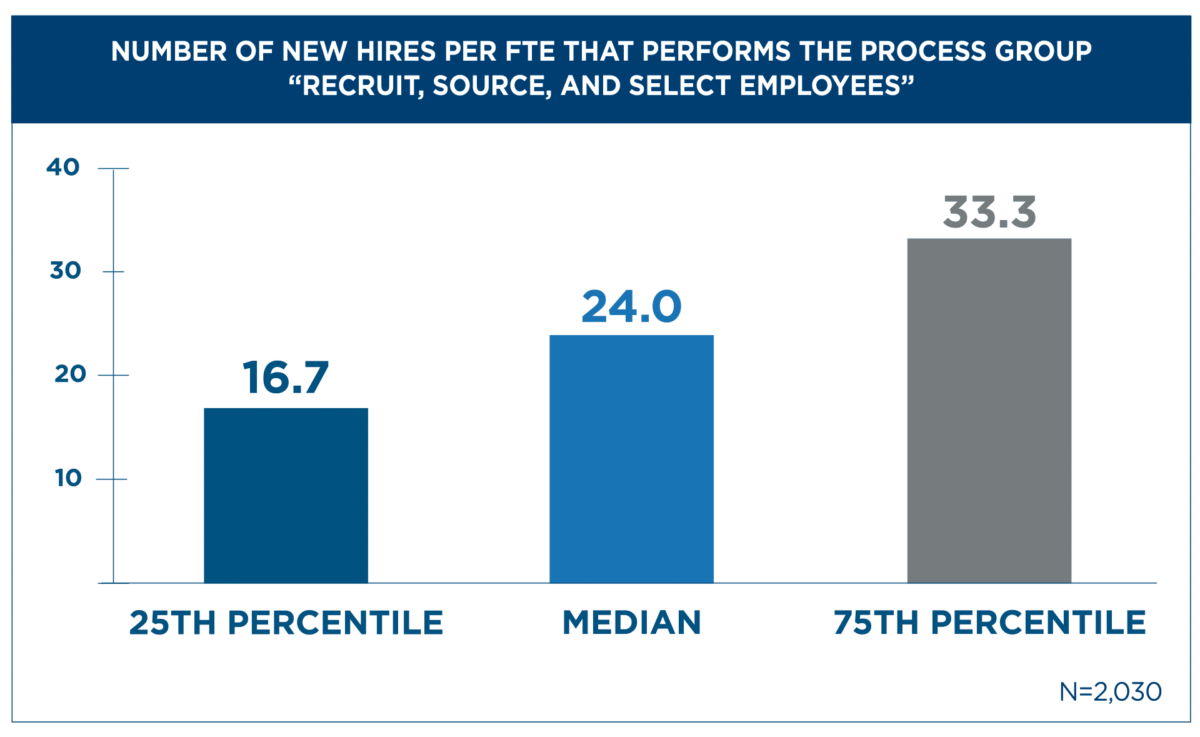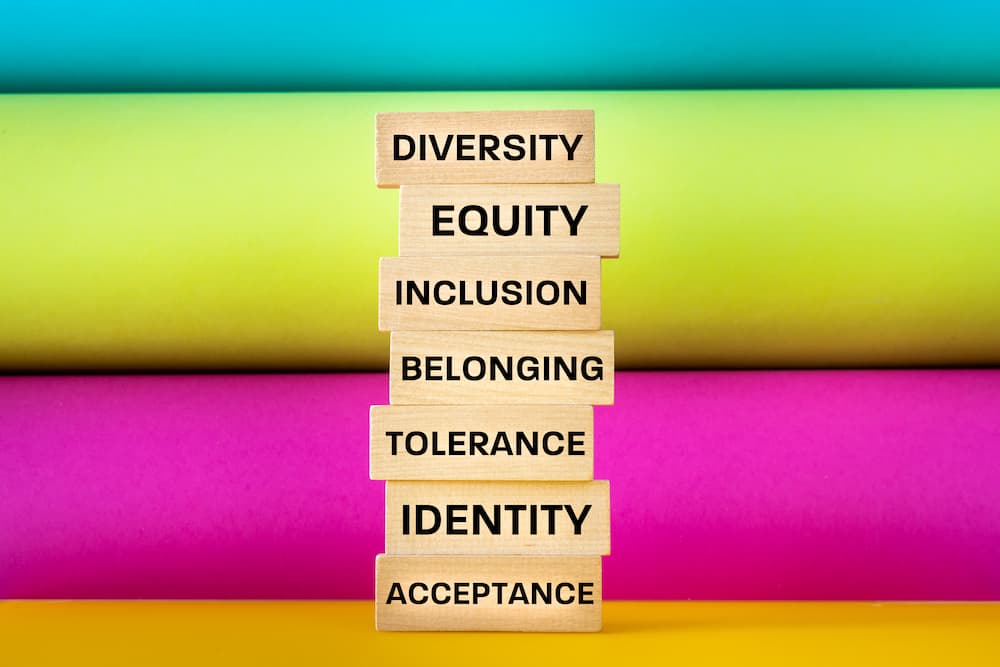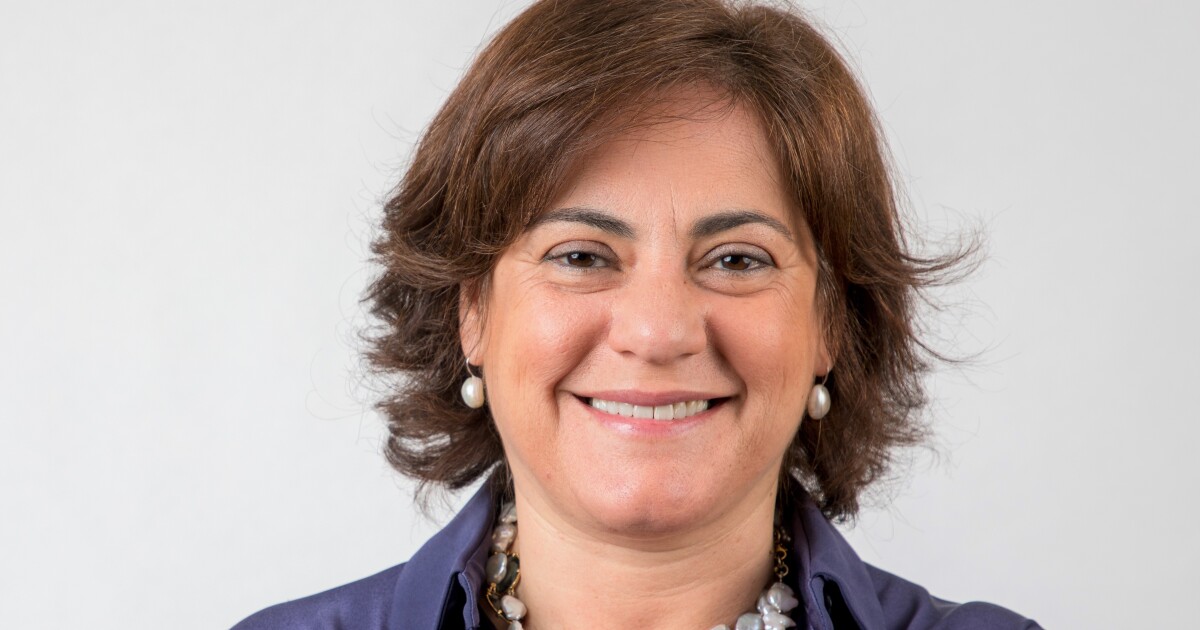American teens are more prone to exaggerate their math prowess than students in other … [+]
American teens are more likely than other nationalities to brag about their math ability, according to a new study.
Research on 15-year-olds in nine English-speaking countries found that Americans were the most likely to overstate their math prowess, as well as claiming familiarity with a range of mathematical terms, even though some of them were fake.
The study also found that boys were more likely to exaggerate their ability than girls, students from advantaged backgrounds were more likely to be overconfident than less advantaged groups and those from an immigrant background were more likely to overstate than native-born children, although not in the U.S.
“Those who over-claim about their maths ability also exhibit high levels of over-confidence in other areas,” said John Jerrim, lead author of the report.
“Although ‘overclaiming’ may at first seem to be a negative social trait, we have previously found that overconfident individuals are more likely to land top-jobs.
“The fact that young men tend to overclaim their knowledge more than young women, and the rich are more likely to overclaim than the poor, could be related to the different labour market outcomes of these groups,” added Prof Jerrim, professor of education and social statistics at University College London’s School of Education.
Researchers analyzed data on around 40,000 teens, collected as part of the OECD Program for International Student Assessment (PISA).
Students were asked how confident they were that they could complete a series of tasks including solving equations, calculating how many tiles were needed to cover a floor, working out actual distances from scale maps and calculating a car’s petrol consumption rate.
They were also asked to rate themselves against a series of statements designed to assess their problem-solving ability and perseverance, as well as their popularity at school.
In addition, the teens were asked whether they were familiar with 16 mathematical concepts, including exponential function, rational number, congruent figure and cosine.
But among the list were proper numbers, subjunctive scaling and declarative fractions, fake terms inserted to test whether students claimed familiarity with concepts that did not exist.
Researchers then used results from the PISA tests to determine which students were more likely to overclaim.
The findings revealed that American teens were the most likely to exaggerate their math ability, followed by Canadians. Both had significantly higher overclaiming scores than any other country.
Next were Australia, New Zealand, England and Wales, where teens exaggerated significantly less on average than those in the U.S. and Canada, but significantly more than their counterparts in Scotland, Ireland and Northern Ireland, who were the least likely to overclaim.
Boys were much more likely than girls to exaggerate their math prowess, a finding that held across all nine Anglophone countries, as were teens from more affluent backgrounds compared with those from disadvantaged families.
In most of the countries surveyed, immigrant teens were also more likely to overclaim than native-born children, with the difference particularly stark in New Zealand and Northern Ireland. The exception was the U.S., where there was no difference between immigrant and native-born children.
Researchers found that teens who overstate their math ability were also more likely to have confidence in their problem-solving skills and to claim to persevere more with hard-to-solve problems.
This confidence was also reflected in teens’ view of how they were perceived by their classmates. “Students who overclaim are particularly likely to believe that they are popular at school,” researchers said.
“Those who overclaim also display overconfidence in their academic prowess and problem-solving skills, while also reporting higher levels of perseverance,” they added.
Future research should look at whether overclaiming is a stable trait that can be observed in individuals over time, or if it changes with age and context, and into its impact on actual life outcomes, the researchers said.
“Making out one is knowledgeable about topic may be useful in certain situations (e.g. job interviews, negotiations, grant applications), yet the social and labour market outcomes of those who overclaim about their abilities are currently unknown,” they added.
Credit: Source link











